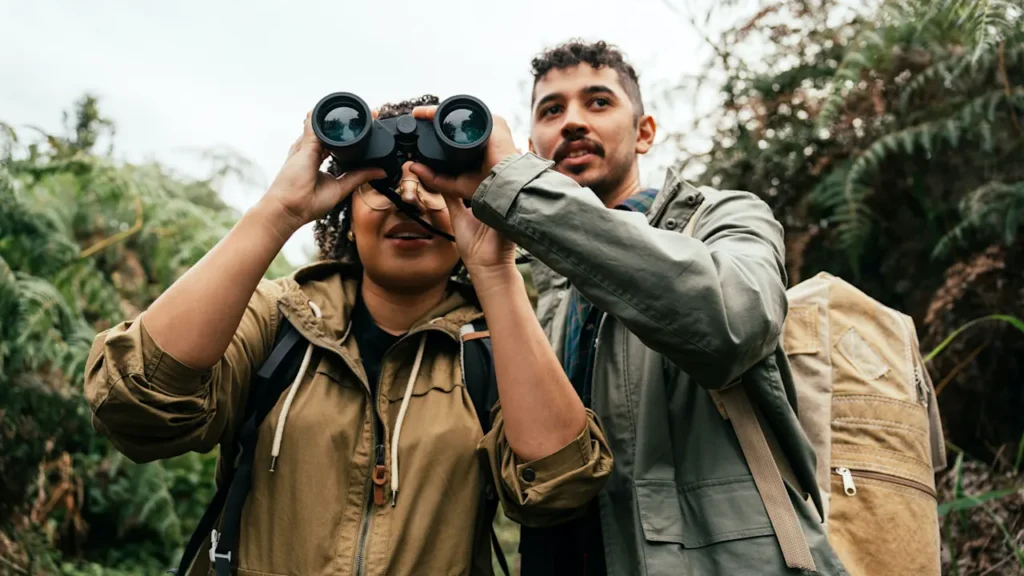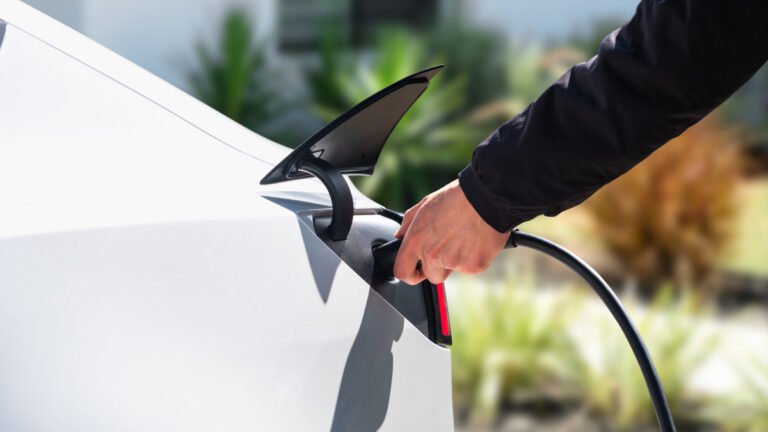
I just got back from a week on the beach. The water was crystal clear, the sky blue, and my butt was in a lounge chair all day. I certainly enjoyed myself and caught up on a ton of sleep. But did I return to work today bursting with ideas and fresh energy?
If I’m honest, not really.
It feels more like I left my brain sunning itself on the seaside. Meanwhile, I need to dig myself out from under a mountain of work and complete my massive back-to-school to-do list.
Where did I go wrong in my vacation planning? If I was looking to maximize floating time and the amount of tasty fish I ate, nowhere. But according to psychology, as much as I enjoyed my break, I also fell prey to one of the most common vacation myths. Like many people, I assumed that sloth is the most effective way to unwind and refresh.
I would have been better off if I had swapped my swimsuit for a “skillcation” instead.
What’s a skillcation?
First, what’s a skillcation? Exactly what it sounds like—a vacation dedicated to either learning a new skill or improving an existing one. This could range from a low-key guided birdwatching getaway or a sweaty boot camp to a week of cooking classes in a bucolic setting.
“Consulting agency Future Partners has found that 39% of travelers are drawn to such trips,” Thrillist reports. HuffPost claims skillcations are a trend that’s “gaining popularity.”
Ben Martin, of hospitality strategy firm HKS, told HuffPost that learning-focused travel “satisfies a desire for personal growth and cultural engagement.” And indeed one way to look at the skillcation trend is as yet another way the productivity and personal growth-focused ethos of work life is seeping into our off-hours.
But there’s another, more positive way to look at the rising interest in holidays that promise to teach you to learn to knit or sail or identify songbirds. Science suggests this type of travel actually satisfies a deep psychological need. This ultimately leaves us more refreshed than bobbing in the sea for a week.
The psychological benefits of skillcations
With the world and the economy feeling precarious these days, just about all of us are stressed. Recently, best-selling author Adam Grant had fellow psychologist Sabine Sonnentag of the University of Mannheim in Germany on his podcast Worklife to discuss the best way to reset and truly refresh our brains.
When we feel like we’re low on energy and inspiration, it’s natural enough to think you need rest, Sonnentag explained.
“Relaxation is what many people think when they think of recovery, unwinding, maybe doing nothing. Just relaxing. And so in terms of more physiological processes, it means a low sympathetic activation. So, lower blood pressure, lower heart rate,” she said.
There is certainly nothing wrong with a little rest. Some is, of course, essential for health and happiness. “But that is not the only avenue to becoming recovered,” Sonnentag stresses.
What often works better than rest to leave us feeling psychologically refreshed? Something called “mastery experiences.” These are “activities that are challenging. So for instance, learning a new language or having a hobby that really asks to step outside one’s comfort zone,” Sonnentag says.
Things exactly like what you experience on a skillcation, in other words.
Why mastery experiences are so refreshing
Signing up for a skillcation might help you improve your pickleball game or Italian cooking skills. But it will also get you physically moving and push your boundaries. Together that is likely to promote a deeper sense of refreshment for a number of reasons that Grant and Sonnentag explore together.
Getting physically tired and then sleeping soundly after is often more physically restful than fitfully snoozing between reapplications of sunscreen. It’s also likely to more thoroughly distract you from whatever is stressing you out in your life. You can’t fret about work while you’re learning to rock climb. But you can as you go through the pages of a trashy beach read. (My personal experience affirms this is true.)
But perhaps more important, mastery experiences remind us just how resilient and capable we are. You take a suntan back from your average beach vacation. You return from a skillcation armed with a sense of achievement and competence. Which is more likely to give you greater energy and clarity when you get back home?
Learn your way to real relaxation
As time use expert and author Laura Vanderkam wrote in her book What the Most Successful People Do on the Weekend: “Other kinds of work—be it exercise, a creative hobby, hands-on parenting, or volunteering—will do more to preserve your zest for Monday’s challenges than complete vegetation.”
What’s true of weekends, it’s true of vacations, too.
Far be it for me to say you shouldn’t visit a tropical paradise for your next vacation if that’s what you want to do. I’ll always want some beach time in my life, personally. But if supposedly “restful” vacations somehow haven’t been leaving you feeling rested, maybe it’s time to try something different.
A skillcation might be just what your brain needs to feel focused and fired up again.
—Jessica Stillman
This article originally appeared on Fast Company‘s sister publication, Inc.
Inc. is the voice of the American entrepreneur. We inspire, inform, and document the most fascinating people in business: the risk-takers, the innovators, and the ultra-driven go-getters that represent the most dynamic force in the American economy.






